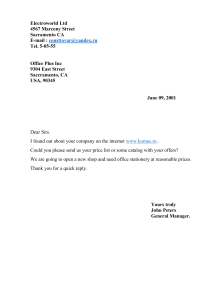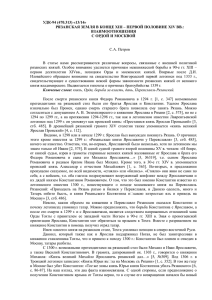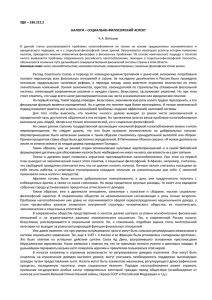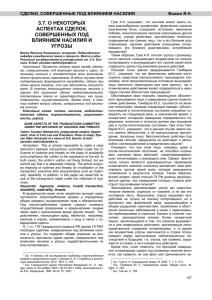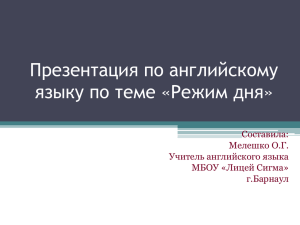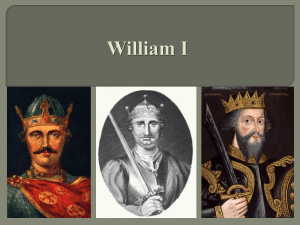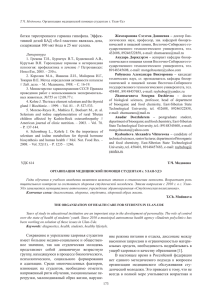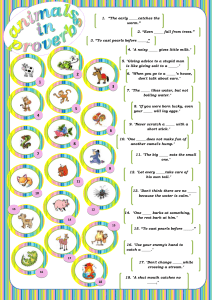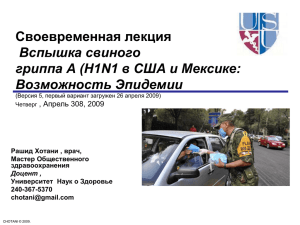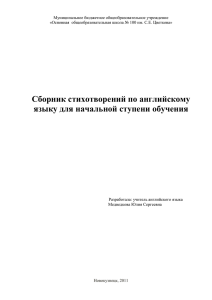влияние исторических событий великобритании на лексический
реклама
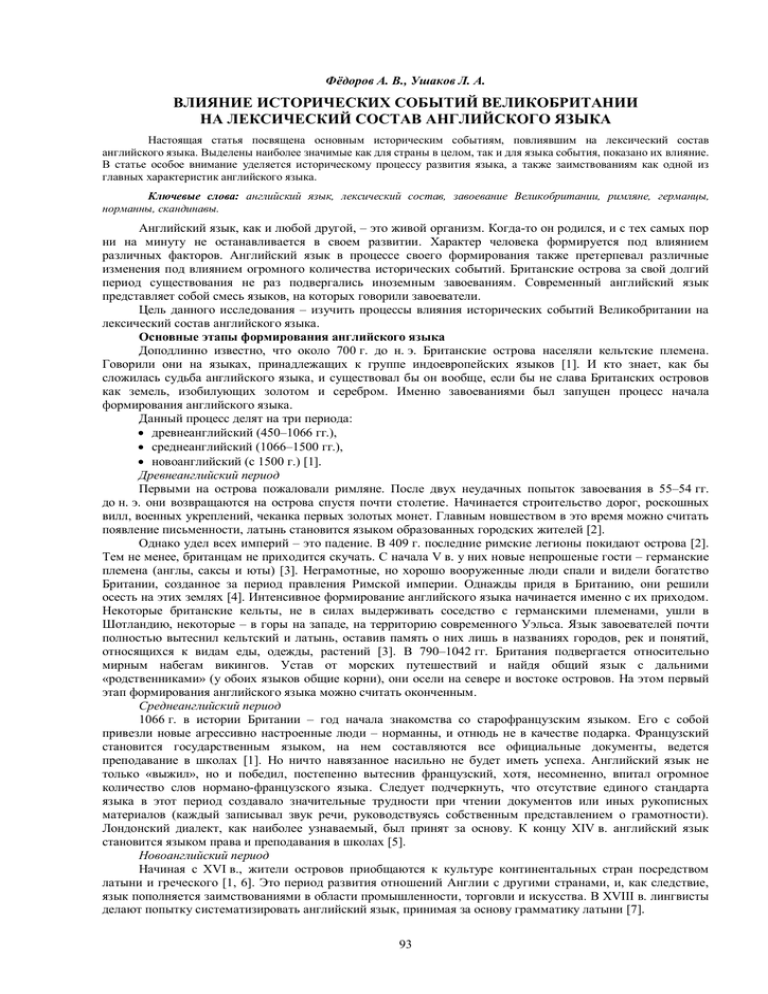
. ., . . , . , , . , . : , , , , , , . , ,– . , . . . . , . – . , 700 . . . . , [1]. , , , , . . : (450–1066 .), (1066–1500 .), ( 1500 .) [1]. . . . , 55–54 . , . , [2]. – . . , ( , , ) [3]. 409 . [2]. V . – , . , [4]. . , , . , , – , . , , , , [3]. 790–1042 , . . »( ), . . 1066 . – – . . , , , [1]. « », . , , . ( , , , , , ). , . XIV . [5]. XVI ., [1, 6]. , , 93 . , , XVIII . [7]. , . , . , . , . . , , . , . 30 % [8] ( , – , - , . 1). . 1. , . . (Christopher Hibbert), , , , 7 ). , ( , , . [1, 9]. ( 6 ) , . ( . ), [9]. , , . . ; , . . , (Stonehenge) – , . . , . , . , . , , . 94 1500 . . , . . , . Stonehenge , [2, 9]. . ., 800 . , , . . . . ( ) ( . ), ( . . ). , (Manx). [10]. (Man), , VII . . . , , . , . , [11]. (Gildas), – , , , , . . ; ( ). , . . . , , , ; , , ; . « » (mead). , (thatched roof). . ; . ,– : , , , , . , , , : , , , , , , [9, 10, 12]. , I . . . . , , . . , , , . [9]. . . , 55 . , . , ( ) . , – 55 . , , , 43 . . . . . , . . ( ) (Londinium), . , , . , III . . . . 30000 . [7]. - . , , . ( . Boadicea) 60 . . ., . , , . , , . V ., – – . , , , . . 408 . , . 95 410 . – [1, 9]. , , : myth [m ] parenthesis [p 'ren s] paragraph ['pær gra:f] philosophy [f 'l ] phrase [fre z] physicist ['f st] physics ['f ks] alphabet ['ælf t] anarchy ['æn ] analyse ['æn la z] antonym ['ænt m] anthem ['æn m] apostrophe [ 'p str ] archaism ['a:ke m] archaic [a:'ke k] arithmetic [ 'ri k] asylum [ 'sa m] catastrophe [k 'tæstr ] character ['kær kt ] chaos ['ke s] Christmas ['kr sm s] Christ [kra st] emphasis ['emf s] gymnasium [d m'ne m] hyphen ['ha n] hypocrisy [h 'p kr ] physiology [f ' d ] physician [f 'z n] psychiatry [sa 'ka tr ] polysemy ['p ] symbol ['s mb l] syllable [s bl] synonym ['s m] sympathy ['s mp ] synchronise ['s kr na z] syntax ['s ntæks] system ['s st m] synthesis ['s s] theory [' ] thesis [' i:s s] hypothesis [ha 'p z] hypocrite ['h kr t] metonymy [m 't ] metaphor ['met ] thermometer [ 'm , ] , ( ) . : , , ), . – , , – . , V . . : , [3, 13]. , , . , . ( ) . . . , , . . VI . , , . : – ; ; ( . 7 , , ). , [3]. : , , , , : . , , , [14]. ( , V– . XI .) . IX . . . , , . » – Camelot ( , , « ) , VI . 96 VI ., . – . : , , , . . . , Angelcynn ( ) , . Engleland ( . , , , ) , IX–XI , . . V . – [15]. VI . , , , , . , , . , ; VII . . . , . . 871 . 900 . , , , – , » (Alfred the Great). , , « , . [15]. . IX . , . , , , ; , ; ( , , , ). . VIII . . – . « (Danes). » , V . « » . VIII . , ( ), , . . . .« « », » , . . [6]. . 860 . . , , , . , . « ». , , 878 . , » (Danelagh) – « » . (fyrd) , ( . . )– .« ». , . . , [6, 7]. 900 ., . , , 50 . , : Norwich, York, Winchester; , , Southampton, 97 , . , , 150000 . [1, 3, 7, 15]. 150 , , , . X . (Cnut). – – . ( , ) , . – . (Edward the Confessor), ( , ). 1161 . , . : ,– , , , « , ». . . – (William the Conqueror), . (witenagemot) – ( )– . 14 (Harold), (Hastings) 1066 . , , . . : [16]. , , , , , . . .eir – .eirra ( .eim ( – they . .) – their . .) – them : . kalla > . . taka > . . ceallian > . tacan > . . . callen > . Taken > call, take. , [17]. 1066 . . . (NoÞman – ). . , 912 ., ) ( IX . , . , , . , XI ., , [9]. , , . : ; ; . , , , . 1087 . . , , . , . . (1066–1087) 200000 . [2]. . , , : . , 98 . , . , , - , . , , , . , , . , , ». ), , «swine» ( , – « ». ) « », «pork» , . «Why, how call you those grunting brutes running about on their four legs?» demanded Wamba. «Swine, fool, swine,» said the herd, «every fool knows that.» «And swine is good Saxon,» said Wamba; «but how call you the sow when she is flayed, and drawn, and quartered, and hung up by the heels?» «Pork,» answered the swine-herd. «I am very glad every fool knows that too,» said Wamba, «and pork, I think, is good NormanFrench; and so when the brute lives, and is in the charge of a Saxon slave, she goes by her Saxon name; but becomes a Norman, and is called pork, when she is carried to the castle-hall to feast among the nobles». – , ?– .– , , ,– .– . – « » – . , , , ? – ,– . – « », , . , , ; « », ,– … [18]. , , . . . , , ( , , , ), , : – ; – ; – ; – . , . , , , . , , , , . . XII–XIII . , [12]. , , – . , XI . , . : , , ( ), – – . . , (XII–XVI .) , . . , , . XII, XIII XIV ( ) . , XIV . , , , ) [1, 19]. ( ). , , : ( : except, because). XIII . XIV . XIV . . , . , . : 99 , , – court, courtier, servant, guard, – king, queen; , – army, regiment, battle, banner, victory, defeat, soldier. prince. , knight ' '– ; (religion, chapel, prayer, pardoner, to confess); (liege, vassal, govern, government, serf, village); merchant); (justice, judge, verdict, sentence); painter, mason, tailor). , , – blacksmith, shoemaker, spinner, weaver [13]. XIV–XV . , . , (city, (butcher, . – . , . . (1455–1485) – ( ). , 117 . , , – . . , , , . , . , . , . XIV . . , . . , . . , . , , , , . , . ( , , , ) . , . . , [17]. : . , , – ). (William Caxton), ( . 1476 . , XV . ( . , ) . «The Dictes and Sayings of the Philosophers». , [1]. XVI . . . , , ; . , . . , : , . , , . – , . . , . , , , . 100 , . , , « » . 1. 2. 3. 4. . . . . . . ., . 5. 6. 7. 8. 9. 10. 11. 12. 13. 14. 15. 16. 17. 18. 19. .– . .: . .– .: ., 1971. – 254 . . – .: . . ., 1975. – 752 . ., 1984. – 351 . . . . – : , 2010. – 52 . . . – .: , 1986. – 448 . . . .– : . « », 2003. – 278 . Beowulf. A New Verse Translation by S. Heaney. – N.Y.: Douglas & McIntyre Ltd., 2000. – 213 p. . ., . ., . . . – .: . ., 1976. – 319 . Hibbert Ch. The Story of English. – London: Phaidon Press Litimed, 1995. – 224 p. . ., . ., . . .– .: , 2005. – 190 . . . . – .: . ., 1968. – 419 . Crystal D. The Cambridge Encyclopedia of the English Language. – Cambridge: Cambridge University Press, 2002. – 489 p. Ruhlen M. The Origin of Language. – N.Y.: John Wiley & Sons, Inc., 1994. – 239 p. . . VII XVII . – .: . . ., 1953. – 85 . . . – .: . ., 1973. – 527 . . . // . – .: , 1982. – . 171–232. Bragg M. The Adventure of English: The Biography of a Language. – London: Hodder & Stoughton, 2004. – 354 p. . .– : . . , 1982. – 488 . Clairborne R. English: Its Life and Times. – London: Bloomsbury Publishing Ltd., 1994. – 329 p. . . , . ., E-mail: [email protected] . ., E-mail: [email protected] Fedorov A. V., Ushakov L. A. THE INFLUENCE OF BRITISH HISTORICAL EVENTS ON ENGLISH VOCABULARY The present article is devoted to the main historical events having influenced on the vocabulary of the English language. The most significant events both for the country and the language are revealed; their impact is highlighted. In the article special attention is paid to the historical process of the English language development as well as borrowings as one of the key characteristic features of English. Keywords: the English language, vocabulary, conquest of Britain, Romans, Teutons, Norman, Scandinavians. Fedorov A. V, student National Research Tomsk Polytechnic University E-mail: [email protected] Ushakov L. A., student National Research Tomsk Polytechnic University E-mail: [email protected] . . , , , . . , , . , , . 101 .
